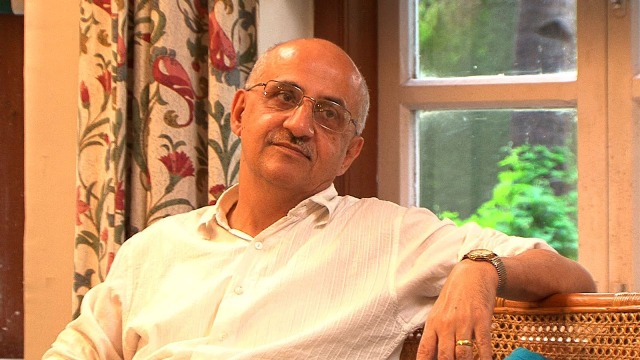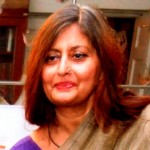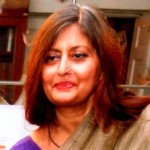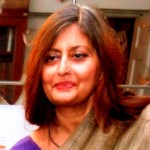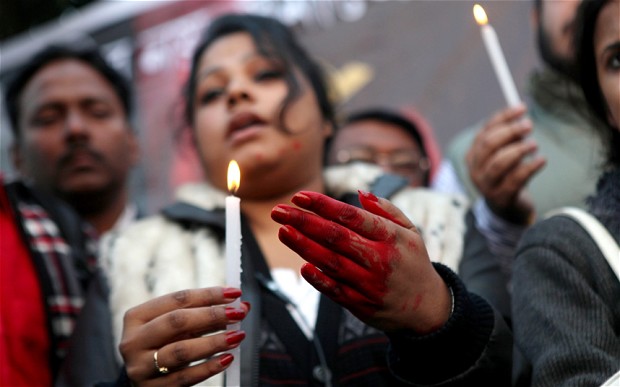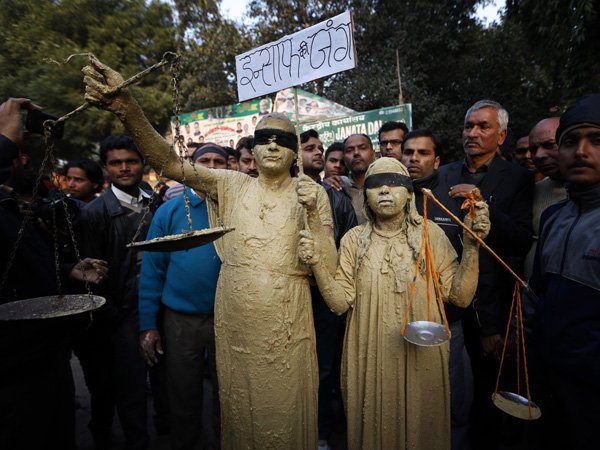Humra Quraishi is enlightened by her recent acquisitions – three new books that shed light on our lives and times.
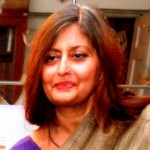 I attended two book launches this week. One was Harsh Mander’s (in featured picture) launch of Ash In the Belly: India’s Unfinished Battle Against Hunger (Penguin) where the three speakers – Dr Upendra Baxi, Mark Tully and NC Saxena – minced no words as they spoke about how a certain percentage of our population is perishing because of malnutrition and hunger.
I attended two book launches this week. One was Harsh Mander’s (in featured picture) launch of Ash In the Belly: India’s Unfinished Battle Against Hunger (Penguin) where the three speakers – Dr Upendra Baxi, Mark Tully and NC Saxena – minced no words as they spoke about how a certain percentage of our population is perishing because of malnutrition and hunger.
The Government of the day is actually killing and murdering its people, slowly and methodically, by not knowing the actual ground realities and not doing enough to deal with them. Yet, its machinery continues to churn out numbers for high growth rates, replete with several exaggerated figures.
The other launch was for Professor Mushirul Hasan’s book on Mahatma Gandhi, which I wrote about last Sunday (see the piece here), where Gopal Krishna Gandhi’s talk on his grandfather, the Mahatma, was very touching. He spoke in chaste Urdu and narrated an incident which showed Gandhi’s strength of character even in the face of personal crisis: when he heard that his teenaged grandson Rasik had passed away in Jamia Millia Islamia, he said that it was some solace that Rasik had passed away in a place like the Jamia Millia, and also that he had been looked after by the well-known physician, Dr Ansari.
And I have recently received two books on Gulzar saab. One is a collection of his song lyrics and verse, titled Umr Se Lambi Sadkon Par (Vani Prakashan) which is compiled by Delhi-based poet and doctor Dr Binod Khaitan. The other volume is titled In The Company Of A Poet: Gulzar in Conversation With Nasreen Munni Kabir. Published by Rupa, this volume focusses on Gulzar saab’s views and viewpoints, complete with his verse…maybe, these lines will help you wake up at dawn!
‘I wake up at five when it is still dark.
I want the sun to look for me instead of me looking for the sun.
Just as the first serve in tennis can be advantageous,
So the first serve must be mine.
The second goes to the sun.’
Humra Quraishi is a senior political journalist based in Gurgaon. She is the author of Kashmir: The Untold Story and co-author of Simply Khushwant.
(Picture courtesy citizensforpeace.com)
